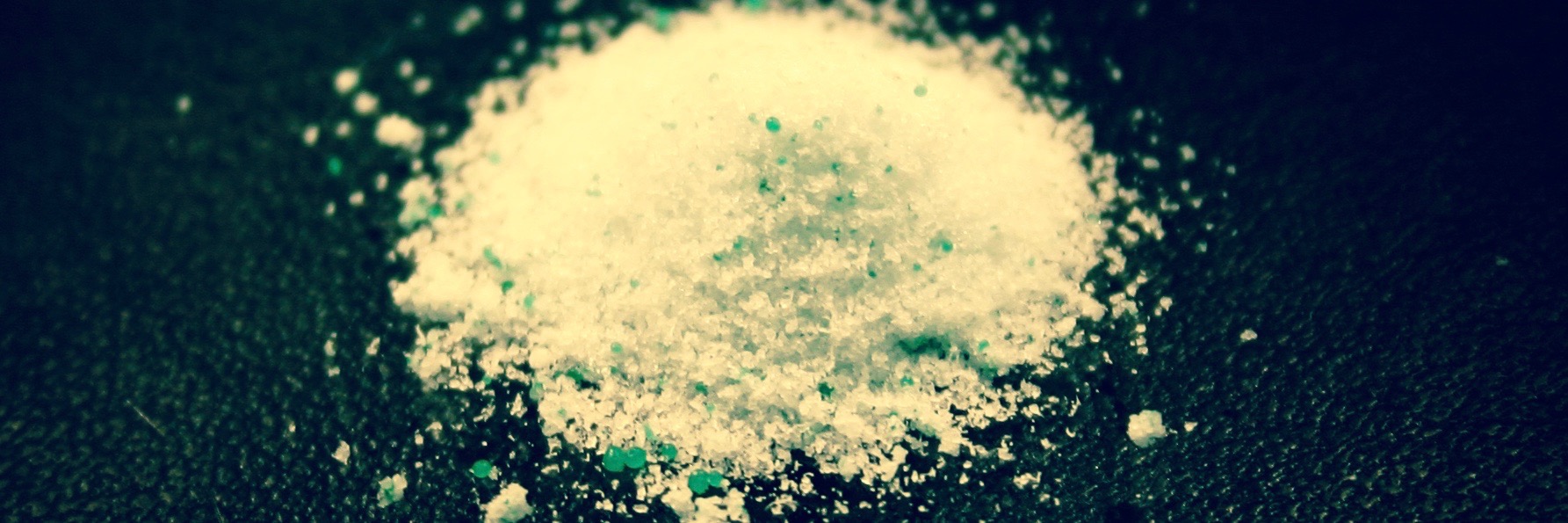Tying in nicely with our focus on chemicals leaching from plastics and human health, we investigate what plastics do once they enter the aquatic environment. Here, small plastic pieces, coined microplastics, are of special interest because of their increased surface-to-volume ratio and bioavailability. While current research mainly targets marine microplastics, there is a tremendous gap of knowledge regarding plastic debris in freshwater systems, which we review here.
Accordingly, we initiated a project on freshwater microplastics in collaboration with and funded by the German Federal Institute of Hydrology. In this project we investigate the abundance of microplastics in large German rivers and their effects on aquatic key species. In a second project, funded by European Union’s Horizon2020 program, we focus on the degradation of plastic debris and the impact of microplastics in freshwater mesocosms. See Scott Lambert’s page for updates.
Recently, we have started to dive deeper into the environmental and societal impacts of environmental plastics: In the trans-disciplinary research group PlastX, we work with polymer chemists and sociologists to investigate their socio-ecological implications. Here, our group works towards a novel conceptual framework for the risk assessment of freshwater microplastics. In the joint research projects MiWa and PLAWES, we focus on the mechanisms by which microplastics induce adverse effects in non-model aquatic invertebrates. We use transcriptomics to understand particle-induced inflammation and cellular stress.
The overall aim of our work on microplastics is to close eminent knowledge gaps for the limnetic ecosystem and provide data to assess the environmental risk associated with freshwater microplastics. To bring the matter forward, we have initiated an expert group within the framework provided by Wasserchemische Gesellschaft and the DWA, which is co-chaired by Martin Wagner. Acknowledging that this will certainly be a long road to go, we are happy to work in this young and vibrant field of environmental science.
